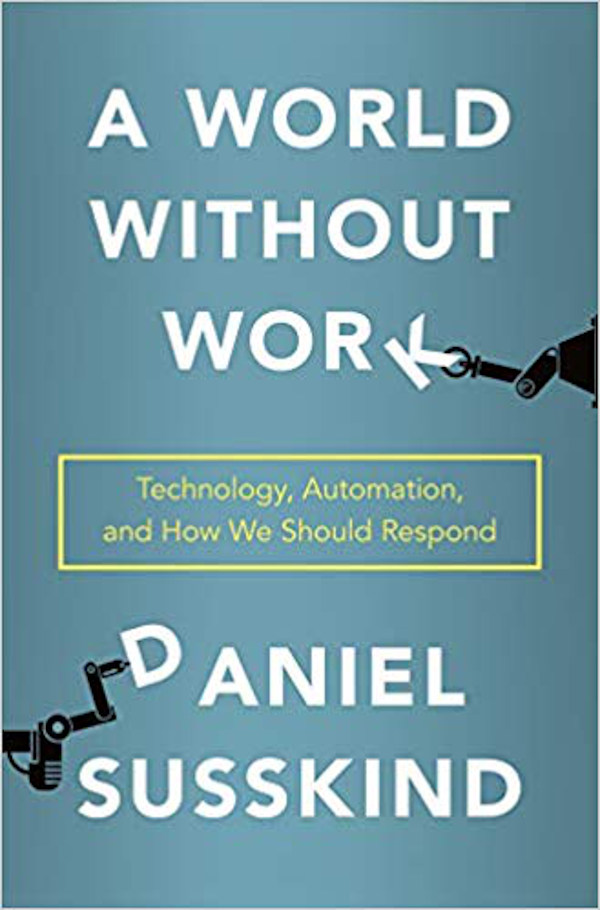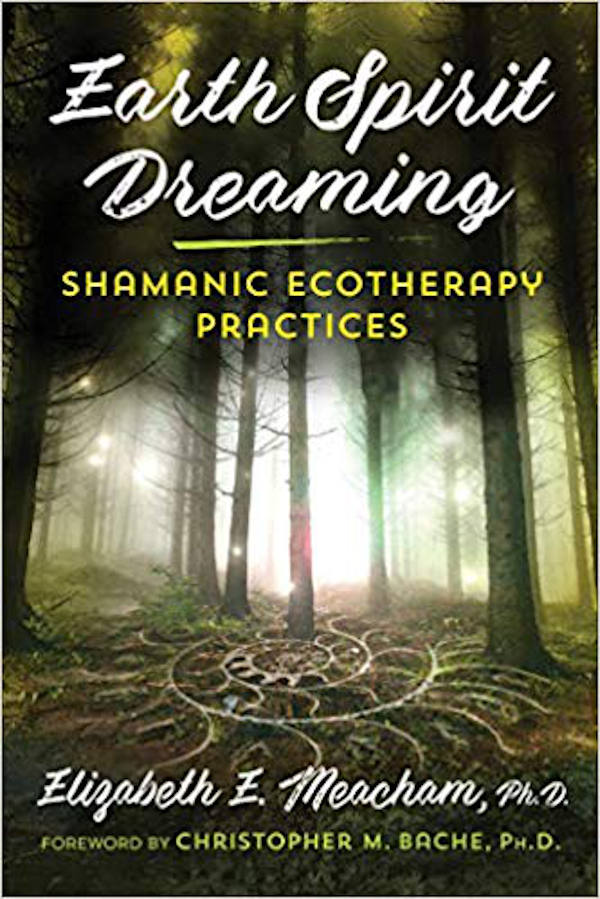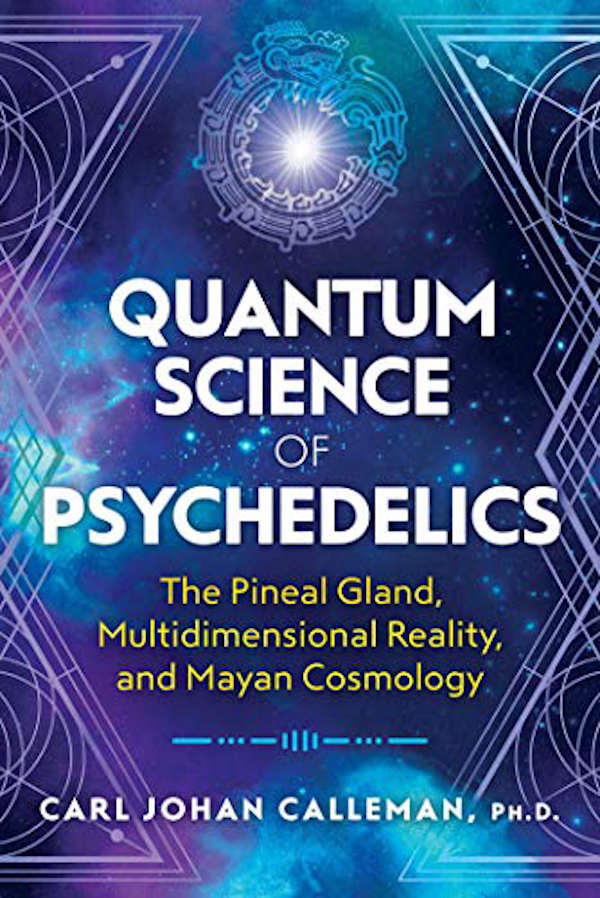
A World Without Work. Technology, Automation, and How We Should Respond
Daniel Susskind
Each time an important new technology is developed, fears arise that they will Replace workers by machines. Be it the invention of the printing press, the weaving loom, the railway, electricity, the automobile or computers and robots, protesters were quick to condemn new technologies as dangerous and adverse to human wellbeing. While traditional jobs were lost, new work was created although it did not always benefit everyone equally. The same is valid today, the author argues, as more and more tedious, dirty or repetitious work disappears, to be replaced by either highly skilled engineering, technical or managerial tasks on the one hand or mostly unskilled operators the other. This time around, the middle class is left behind if it does not succeed in replacing administrative work by more service-oriented and independent endeavors. As long as we don’t allow computers to develop true intelligence, all is well, and we may enjoy unprecedented prosperity. (sgs)
Metropolitan Books, February 2020

The Seed of Compassion
His Holiness the Dalai Lama & Bao Luu (Illustrations)
With this simple, powerful text, the Dalai Lama shares the universalist teachings of treating one another with compassion, which Bao Luu illustrates beautifully in vibrant color. In an increasingly confusing world, The Seed of Compassion offers guidance and encouragement on how we all might bring more kindness to it. One of today’s most inspiring world leaders was once an ordinary child named Lhamo Thondup. In a small village in Tibet, his mother was his first great teacher of compassion. In everyday moments from his childhood, young readers begin to see that important lessons are all around us, and that they, too, can grow to truly understand them. For the first time the Dalai Lama addresses children directly, sharing lessons of peace and compassion, told through stories of his own childhood.
Kiyak, March 2020

Earth Spirit Dreaming. Shamanic Ecotherapy Practices
Elizabeth E. Meacham, Ph.D.
Many people wish for a closer relationship with the natural and spiritual worlds but don’t know how to achieve it. We know that nature signals to us but how do we attain a better understanding of what she is saying to us, both on a collective and an individual level? And may we be as presumptuous as to think that we can heal her (rather than giving her the space to heal herself)? Elizabeth Meacham takes a shamanic approach, “translating transformative ideas from visionary environmental thinkers into engaging shamanic rituals for profound spiritual growth, Meacham offers dozens of practices to connect to Earth, to Spirit, and to the Dream world… Calling us back to a living nature spirituality, this handbook offers much needed guidance on the essential journey back to an intimate love of Earth.”
Findhorn Press, March 2020

Quantum Science of Psychedelics. The Pineal Gland, Multidimensional Reality, and Mayan Cosmology
Carl Johan Calleman, Ph.D.
This multidimensional perspective explains why altered states of consciousness exist and how they work. It describes the role of the pineal gland for the human mind, how it controls our state of consciousness and how it can connect us to the cosmic Tree of Life. Carl Johan Calleman reveals the quantum science of the Maya, a science lost to the modern world that explains the phenomenology of psychedelics and altered states of consciousness. The ancient Maya had a sophisticated understanding of the multidimensional nature of reality and the forces that drive the evolution of consciousness: Quantum waves, illustrated by the Mayan Calendar, emanate from the center of the universe and activate new phases in the evolution of consciousness through holographic resonance, which alters the dualities of the human mind.
Bear & Company, March 2020

The Night Watchman
Louise Edrich
In The Night Watchman multi-award winning author Louise Erdrich weaves together a story of past and future generations, of preservation and progress. She grapples with the worst and best impulses of human nature, illuminating the loves and lives, desires and ambitions of her characters with compassion, wit and intelligence. It is 1953. Thomas Wazhushk is the night watchman at the first factory to open near the Turtle Mountain Reservation in rural North Dakota. He is also a prominent Chippewa Council member, trying to understand a new bill that is soon to be put before Congress. The US Government calls it an ’emancipation’ bill; but it isn’t about freedom – it threatens the rights of Native Americans to their land, their very identity.
Harper/Collins. March 2020
